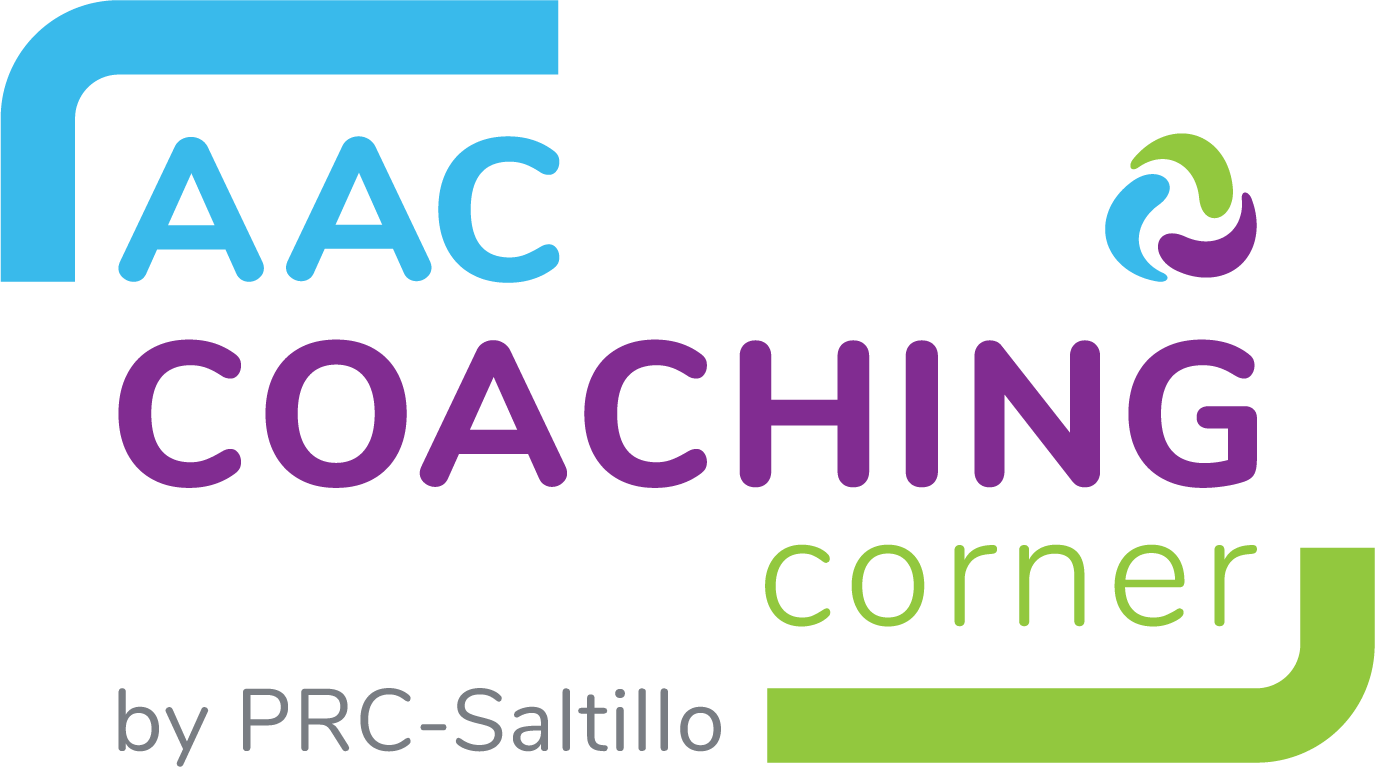"Every day you have with your child is a gift," says Natalie Bailey, mother of six-year-old Adeline. That philosophy has helped Natalie and her husband, Dr, Stephen Bailey, contend with Adeline's developmental disabilities stemming from Hypoplastic Left Heart Syndrome (HLHS).
"During a routine sonogram at 24 weeks gestation, we discovered that the left side of Adeline's heart did not form," Natalie recalls. Due to complications of HLHS, Adeline is unable to verbally communicate, has trouble safely navigating stairs on her own, has low facial tone that causes constant drooling, and has a limited attention span.
Natalie marvels at her daughter's ability to "recover within weeks" from open heart surgeries at the ages of three days, six months, and three years. She’s equally proud of Adeline’s communication progress using the Accent 1000, an augmentative and alternative (AAC) speech-generating device from PRC.
“When Adeline started using her device, she started with one word,” Natalie explains. “Now she can make full sentences. She went through a stage where she explored a lot on her device. Later, we realized she was memorizing the icons. Her memory has always been outstanding in retaining information. She can navigate on her device better than those who work with her.”
The Baileys were first introduced to the Accent 1000 three years ago. “When Adeline was three, we had a neurology appointment at Children’s Hospital in St. Louis,” Natalie recalls. “They couldn’t give us answers as to why Adeline was nonverbal, but suggested setting up therapy sessions at Children’s. During our first visit with the speech-language pathologist (SLP), she had an Accent for Adeline to try and started the process for Adeline to receive her own. We tried a few other devices at the hospital, but the therapist felt the Accent was best for Adeline.”
Before getting the device, Adeline would grunt, point, and use simple signs and PECS cards to communicate. “Adeline still uses simple sign language with those she is close with,” says her mother, “but it would not have been possible for her to attend school without her device. Before the device, I was her only interpreter and she was very limited in what she could share.”
Natalie recalls that “when Adeline first got her ‘talker,’ she enjoyed the prerecorded icons that were about her. She would say, ‘My name is Adeline Bailey. I am three years old. I live with mommy, daddy, and my little brother,’ over and over again. When she was three, she learned how to independently spell ‘Adeline Bailey' on her talker. This was something you wouldn't know possible because she is unable to write letters."
Communication in the Classroom
The Accent accompanies Adeline to school where she uses it to communicate with teachers, aides, and classmates in her special education pre-K class. To support Adeline’s communication progress, Karie Schultz, an SLP with the school, also has had to learn how to use the device, which she has accomplished, she says, “through practice, reading various blogs, and the help of the PRC rep.”
Schultz says the challenge now is “getting Adeline to use her ‘talker’ in a functional manner. She is good with knowing where the vocabulary is, but I keep pushing her to use it functionally and build syntax.” She practices with Adeline in the classroom and therapy room, taking the same language learning approach she uses “with any other expressive language delay.” All that practice is worth it, she notes, “when see that spark in Adeline’s eyes and know that she is really communicating!
A Committed Team: Therapists, Teachers & Parents
Schultz notes that Adeline’s pre-K teacher and aide “are fantastic with her and her talker. Everyone that comes into contact with Adeline at school makes sure to include her talker as a part of her therapy sessions.” Adeline can continue to gain proficiency with her device, Schultz says, through “practice within the real world environment of school, especially with her peers.”
Schultz also believes that parental involvement is essential to Adeline’s progress and she regularly emails the Baileys to share notes about Adeline’s therapy sessions. “Adeline’s parents are the reason she has had such great success,” she says.
Schultz encourages colleagues to embrace AAC. “Don’t let the technology scare you. I had little to no experience and we have done well working together,” she notes.
Family Time & Outings Enriched by Communication
When not at preschool, Adeline enjoys reading books with her mother and younger brother Nathan, taking trips to the park, and visiting her grandparents, the library, and a local nature center. “During the winter, she is limited to outings to decrease chance of illness,” Natalie says. That’s when her daughter enjoys her other favorite pastimes: puzzles, movies, music, and reading.
“Adeline is often very detailed to what she requests,” Natalie adds. “She often pays attention to colors. In the morning, she will request, ‘I want to eat oatmeal square cereal in Thomas white bowl.’ She will say, ‘I want to eat black olives and hexagon crackers (oyster crackers) on purple plate.’ She will request different plates with her meal, like monkey plate, train plate, or turtle plate. I kind of laugh that I’m the waitress and I better get her order right!”
Natalie says the Accent has enriched Adeline’s relationships with her extended family. “They are able to see that Adeline comprehends what’s going on around her and she can show them that she remembers her times with them and what they did together.”
Helpful Support from PRC
Natalie notes that “the Accent wouldn’t be what it is without the outstanding technical support. Our PRC consultant, Sarah Wilds, is always available to help me in any situation with just a phone call or text. She NEVER makes me feel like I am bothering her. She is always cheerful, understanding, and is rarely stumped of any question or problem. I have always been impressed with PRC’s 1-800 number with their services and repair. PRC also gives you opportunities to learn more through e-mail updates and trainings.”
The Accent battery life is “outstanding,” says Natalie, which “makes very easy for travel, especially to school. Adeline can now independently carry her device in the halls to her different therapy sessions.”
Natalie expresses deep gratitude for “the Accent and the engineering behind it. It is priceless to be able to give someone the tools to communicate. Adeline’s life would be very solitary and different without her Accent 1000.”
She advises families of children with communication disabilities to “talk with other parents about what has worked best for them and start speech and developmental therapy as early as possible.” She is grateful for Adeline’s “absolutely amazing, one-on-one aide,” as well as the SLPs and occupational and physical therapists who work with her daughter. Looking forward, she says, “We just thank God for each day that He lets us have her.”
Blog















